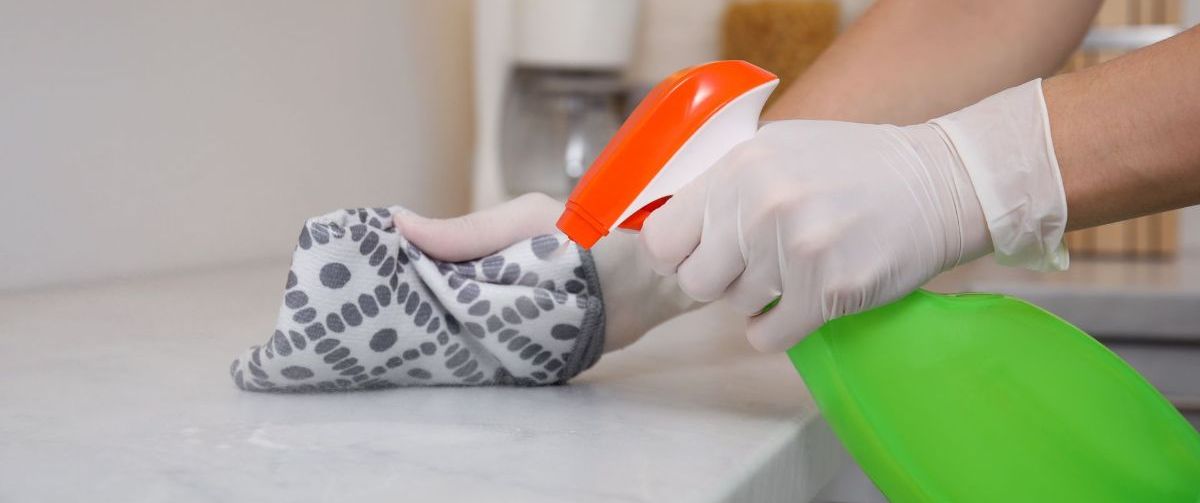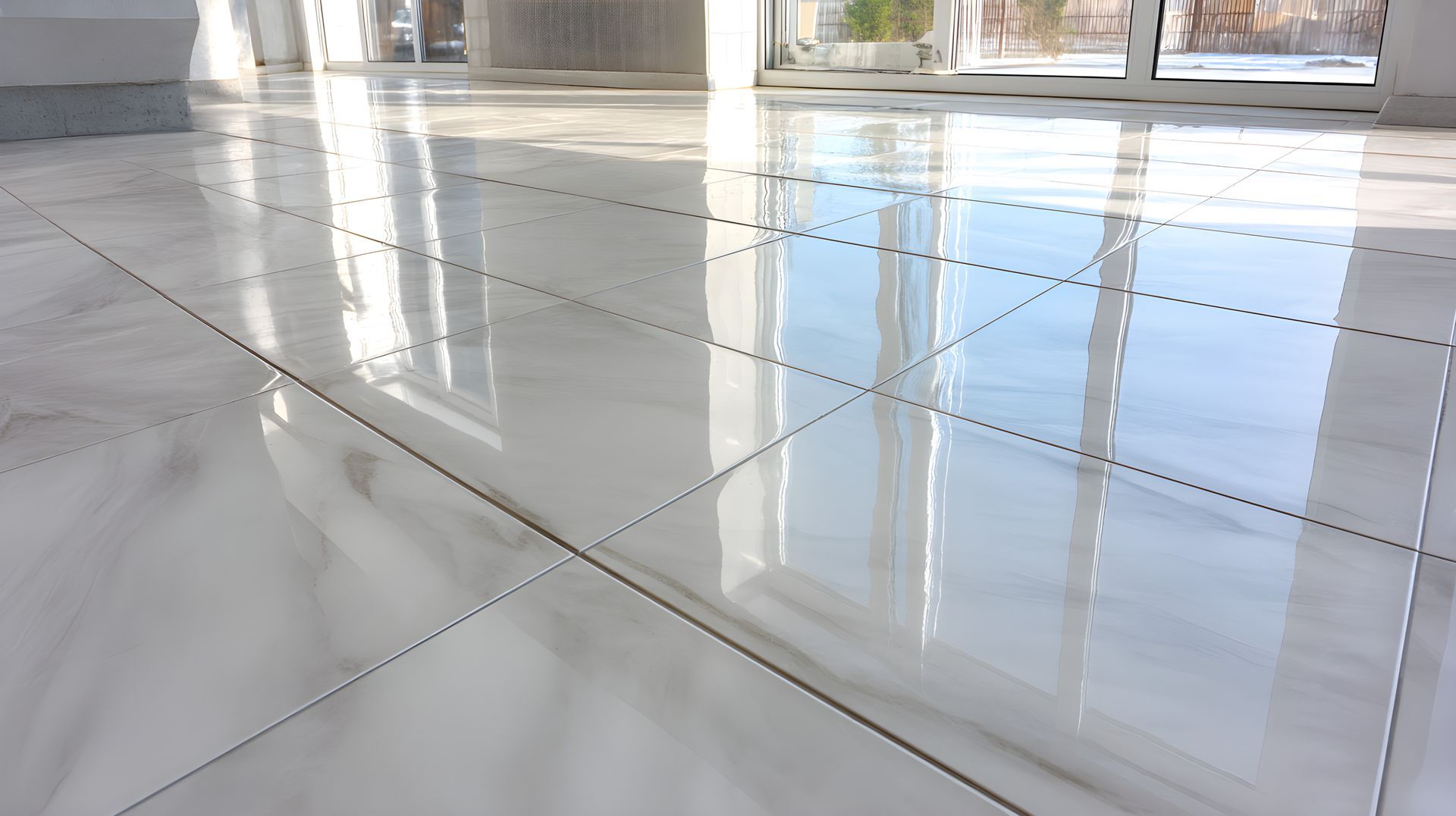
Preserving the Beauty and Durability of Your Natural Stone Surfaces
Natural stone, with its inherent elegance and timeless appeal, is a popular choice for many homeowners. From granite kitchen countertops to marble bathrooms, travertine floors to slate patios, natural stone elements lend a unique blend of beauty and durability to any space. However, maintaining these stunning materials requires a specific approach to ensure they stay pristine for years to come. This guide will provide you with expert tips and techniques for natural stone cleaning, helping you preserve your surfaces' charm and longevity.
1. Understand Your Stone
The first step in effectively cleaning your natural stone is understanding its nature. Each stone type has its unique characteristics, meaning they react differently to cleaning agents and procedures. The most common types of natural stones found in homes include granite, marble, limestone, travertine, and slate. For instance, marble is highly susceptible to acidic substances, while granite is less so. Make sure to identify your stone type and research its specific cleaning requirements before proceeding.
2. Avoid Abrasive and Acidic Cleaners
Natural stone surfaces can be easily damaged by abrasive cleaners and acidic substances. For example, vinegar, lemon juice, and some bathroom cleaners are acidic and can etch or dull the surface of softer stones like marble and limestone. Similarly, abrasive cleaners can scratch and degrade the polish on your stone surface. Therefore, it's best to stick to pH-neutral cleaners specifically designed for natural stone cleaning.
3. Regular Dusting and Sweeping
Sand and grit carried on shoes can scratch your natural stone floor. Regular sweeping or vacuuming will help keep these damaging particles in check. When dusting stone countertops or surfaces, use a microfiber cloth to capture dust effectively without scratching the surface. Remember to be gentle to avoid scratching or wearing down the surface sealant.
4. Wipe Spills Immediately
Spills, especially of acidic substances like citrus juices, wine, and tomato sauce, can quickly damage your natural stone surfaces, causing staining or etching. To prevent this, always wipe up spills immediately with a soft, damp cloth. For oily spills on granite or marble, you might need a poultice to draw out the oil.
5. Deep Cleaning
For a deep clean, use a specially formulated stone cleaner. Apply the cleaner on the stone surface and wipe it with a soft cloth or mop. Rinsing is not usually necessary unless the cleaner's instructions specify to do so. Never use excessive water on your stone surfaces as it can seep in, leading to discoloration or damaging the stone over time.
6. Sealing Your Stone
One of the best ways to protect your natural stone is by using a sealant. A good sealant penetrates the stone, providing a protective barrier against stains and damage. The frequency of sealing varies based on the stone type and usage. Typically, kitchen countertops should be sealed once a year, while floors and other less-used surfaces may need sealing every two to three years. Always ensure your stone is clean and dry before sealing.
7. Professional Cleaning
While regular home maintenance is key, professional cleaning and polishing services can help maintain the beauty of your stone and rectify any damage or wear and tear. The frequency of professional services depends on the stone type and its use, but a good rule of thumb is to consider it every few years.
Cleaning natural stone may seem daunting, but with the right knowledge, products, and techniques, you can keep your stone surfaces looking stunning for years. Regular dusting, immediate spill cleaning, avoiding harmful products, and occasional deep cleaning and sealing will go a long way towards maintaining your stone. Don't forget to call in the professionals when needed. Remember, the beauty of natural stone is that, with the proper care, it only gets better with age!


